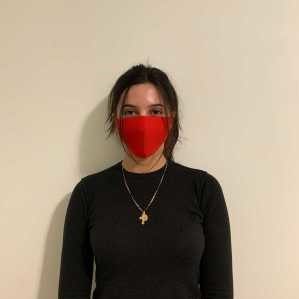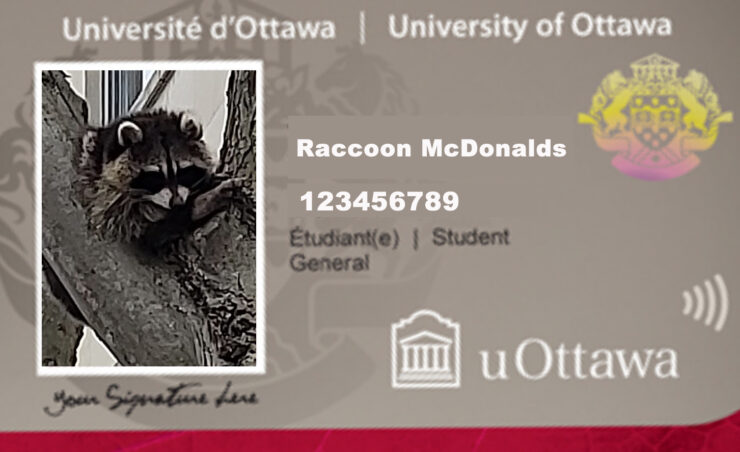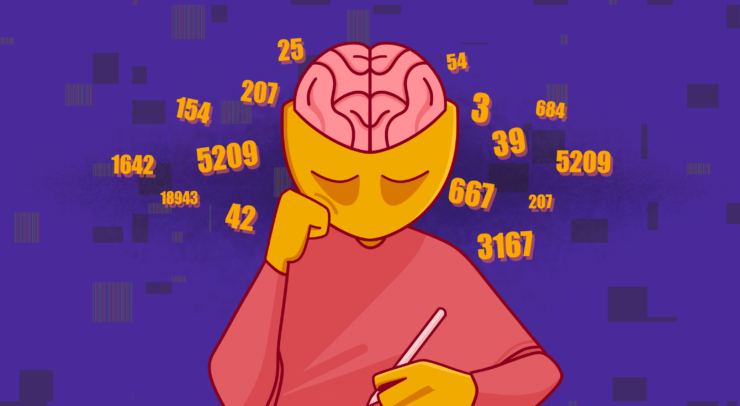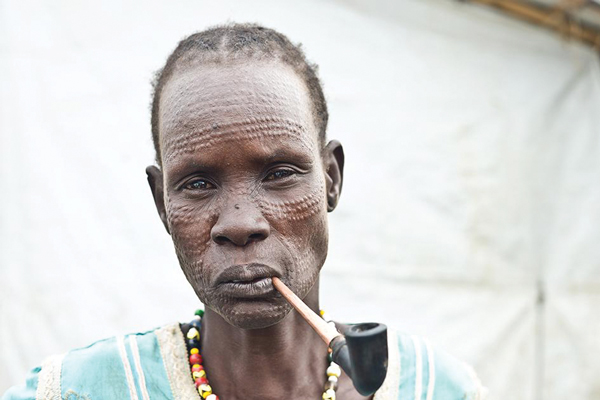Exposure is raw, poignant, uncomfortable, and fucking truthful
Exposure opens with a quote from I Love Dick by Chris Kraus: “Why does everybody think women are debasing themselves when we expose the conditions of our own debasement?” This sets the tone for Olivia Sudjic’s 120-page essay Exposure. Written between her debut and second novel, the essay follows Sudjic’s downward spiral into anxiety, and how the internet intensified her feelings.
While penning Exposure, Sudjic, a 33-year-old British fiction writer of Balkan descent, was riding the wave of her 2017 debut, Sympathy. Exposure picks up with Sudjic taking up a writing residency in Brussels in hopes of overcoming her slump of writer’s block, just as she had done when fleeing to New York City to write her debut novel. However, as she describes, she soon realizes that she is “still the book’s prisoner — its physical embodiment.” Her anxiety worsens until she no longer leaves her Brussels apartment and, eventually, cannot even speak to Microsoft Tech Support without her throat closing up.
She then spends several chapters discussing the inherent problem with being a female writer: female protagonists are seen as inherently untrustworthy because women are, as a rule, perceived this way by the general public. Female characters written by women are seen as volatile, and men recoil at the idea of having to step into the protagonist’s shoes. In contrast, woman readers have been conditioned to accept a male protagonist and character written by a man. As Sudjic explains, “the assumption is that white men have a monopoly on a universal human condition.”
Sudjic jumps back and forth, interweaving her thoughts and ideas on anxiety with the experience of being a female writer and being on the internet. She mixes in the work of other writers she looks up to: Maggie Nelson, Chris Kraus, Rachel Cusk, and Elena Ferrante, as inspirations and parallels to her reality (Ferrante, for example, uses a pen name, and stays away from using social media). But as Sudjic points out, many of us read to find a sense of community — to see someone’s “skinlessness” and think “me.” While so much writing is driven by anxiety, for Sudjic, it is not a form of therapy. Instead, it often creates many problems for her.
Sudjic writes and articulates herself in a way I wish I could — in a way I think I could, but can’t. Her experiences and perspectives on anxiety, the internet, and writing are not something exclusive to simply female fiction writers. Female journalists often succumb and are subject to the same phenomena: a world where they are picked apart by their readers and seen as unreliable and too emotional compared to their male colleagues.
Exposure is raw, poignant, uncomfortable, and fucking truthful. Sudjic pried her mind open and shook the contents out onto pages that she let us read. And for that, I am forever grateful because for once, I didn’t feel so alone. I thought, “me.”









